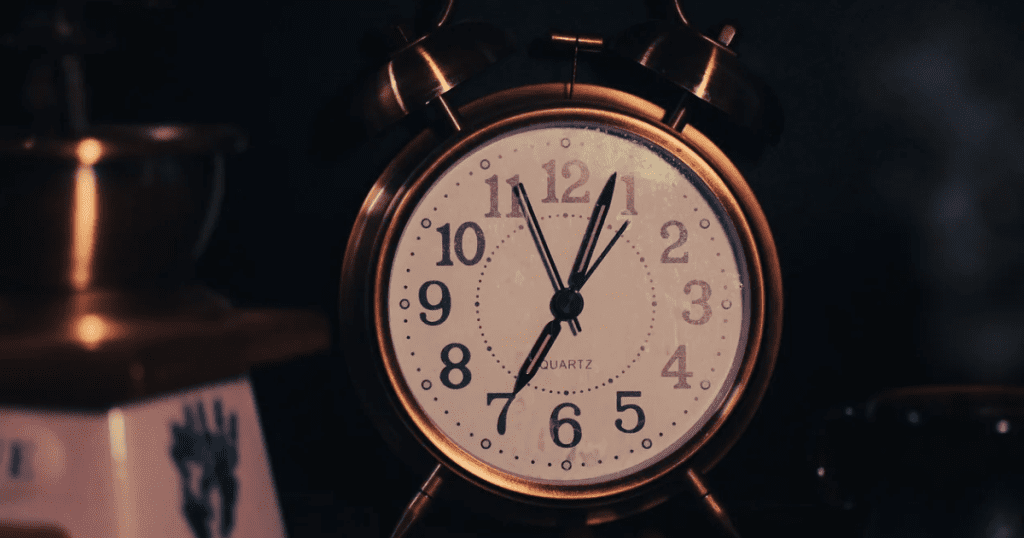The Psychological Experience of Time
Beyond physics, time profoundly affects our mental and emotional states. Each one of us experiences time in a different way. When we are happy or fully engaged in whatever we do, time seems to pass by quickly. On the other hand, when we feel bored or stress out, then time moves slowly. This subjective perception of time influences how we view life as a whole. Some psychologists claim that if we see time this way or that way, then our happiness and overall well-being would change.

If only you could freeze a perfect moment or fast-forward past a difficult situation-you’ve felt how intensely personal time can seem. And this is precisely why, despite all our reliance on the forward march of time as an engine for processing emotions and experience, difficult times don’t last forever, and joyful moments are meaningful precisely because they are fleeting. If time were to stand still, this ebb and flow of emotions would be lost, and we would be frozen in one particular moment-which may end up more like a curse than a gift.





